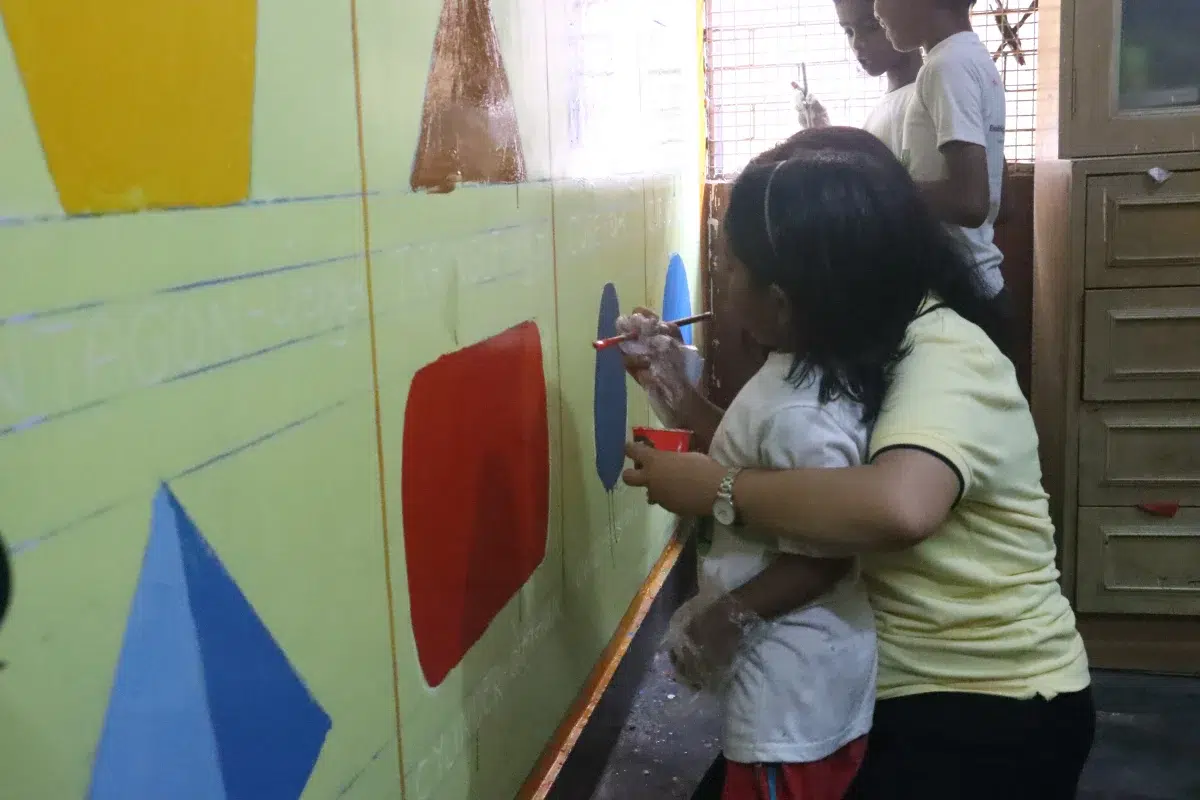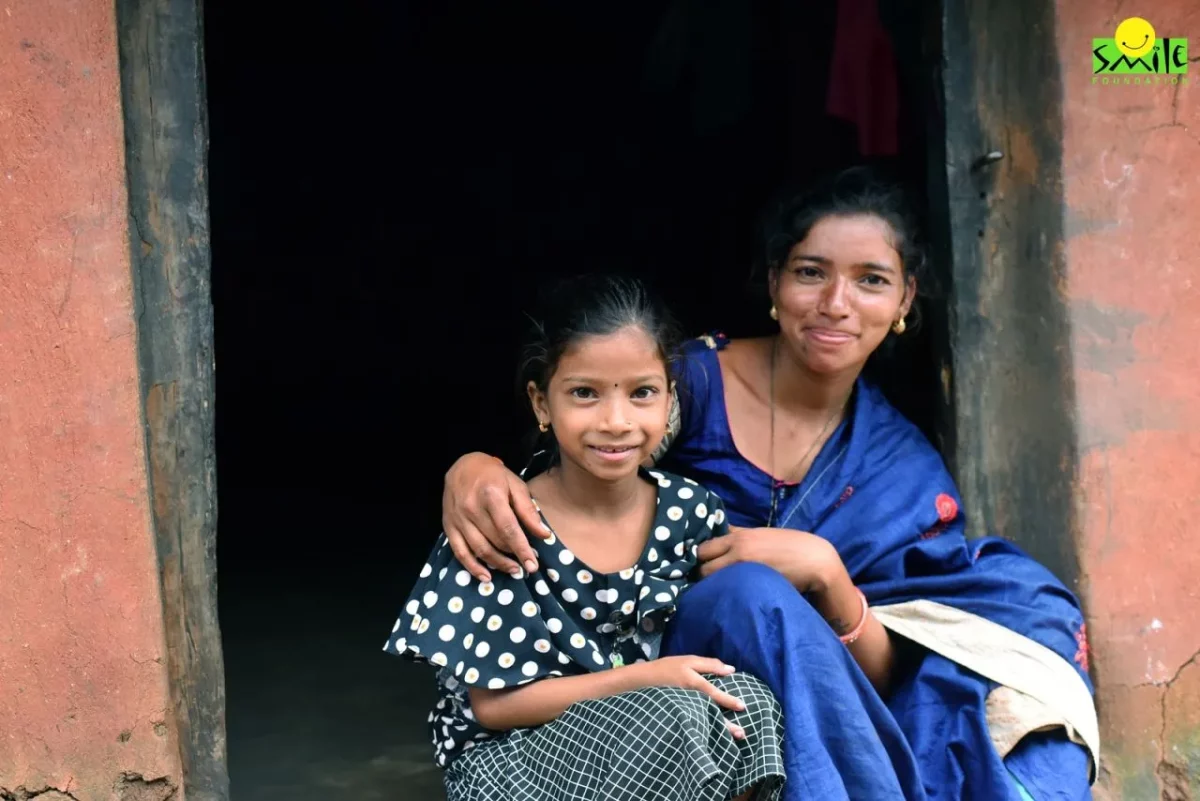In a podcast by Seeding Labs, industry leaders explored the evolving landscape of social development goals, highlighting how corporate engagement has become a powerful force for social change. Today, corporate commitment to social development is a responsibility and a practice that most companies have embraced. While some may choose to contribute to social causes through internal initiatives, others contribute through CSR driven NGO initiatives and solutions that can help in achieving social development goals.
Corporate Social Partnerships for Positive Action
The Nudge Institute, Mr. Arun Maira, former Planning Commission member, advocated for a holistic approach to village development. He stressed the importance of adopting the Sustainable Development Goals (SDGs) in their entirety, rather than focusing on individual themes, to realise the vision of Viksit Gaon, Viksit Bharat. This initiative aims to uplift underserved communities through collective efforts in education, healthcare, livelihoods, women’s empowerment and community building, ensuring that no one is left behind.
Mr. Maira’s opinion highlights that in today’s interconnected world, social development is a shared goal that requires collective action for lasting change. The debate between classifying companies as “social impact” organisations or those engaged in corporate social partnerships misses the larger picture of social progress.
While contributions towards social causes and CSR-driven NGO initiatives are valuable, they are most impactful when companies work alongside diverse community stakeholders. True social impact emerges from long-term collaboration, where all sectors align their efforts toward sustainable growth. By focusing on holistic social development, businesses, NGOs and governments can achieve more than isolated successes.
The Role of the Social Stock Exchange
In an article published in The Times of India, Dr. Agyeya Tripathi highlighted the potential of the Social Stock Exchange (SSE) in India to drive impact investing. By providing a platform for businesses focused on social and environmental outcomes, the SSE offers access to ethical investors and promotes transparency in social impact reporting. This initiative encourages companies to integrate social responsibility into their core business strategies, ultimately transforming how CSR is perceived and practiced. As more businesses align their goals with sustainable development, the SSE could become a pivotal driver of long-term social change.
CSR Strategies Driving SDG Achievement
One clear truth has emerged: the sustainable development of a nation cannot be achieved through isolated efforts. Social stakeholders must collaborate to go beyond philanthropic actions and engage collectively in the process of positive change. Through CSR driven initiatives, companies can implement tailored CSR strategies that focus on:
- Collaborative Investment for Sustainable Development
To accelerate the achievement of the SDGs, corporates must partner with NGOs to invest in mechanisms that ensure underserved communities benefit from these goals. By leveraging innovative technologies, such as Artificial Intelligence, businesses and social stakeholders can adopt more efficient strategies for sustainable growth, ensuring that SDGs are met for all.
- Enhancing Transparency through Technology
Corporates, in partnership with NGOs, can significantly amplify the impact of CSR initiatives by advancing the use of technology and ensuring access to reliable data. Effective deployment of information technology in sectors like clean energy, healthcare and education will support sustainable development, improve transparency and foster long-term societal progress.
Life-Cycle Approach for Social Impact
The Life-Cycle Approach adopted by Smile Foundation is dedicated to empowering underserved children and communities across India, ensuring access to quality education, healthcare, livelihood training and comprehensive women’s empowerment.
Key initiatives such as Mission Education focus on enhancing foundational language, numeracy and STEAM skills, aligning with the National Education Policy to equip children for future success. Smile On Wheels (SOWs) provides mobile medical services, including outpatient consultations, diagnostic tests and free medications, improving healthcare access in remote areas.
The Swabhiman program addresses maternal, menstrual and neonatal health, ensuring better reproductive care. Additionally, initiatives like STeP and Swabhiman offer vocational training, equipping youth and women with skills to boost employability, foster entrepreneurship and encourage economic independence.
Corporate Partnerships for Social Impact with Smile Foundation
Our Life-Cycle Approach has proven effective in addressing systemic challenges such as poverty, inequality and lack of access to essential services. This year alone, over 1.5 million children and their communities have benefited from our grassroots initiatives, as we continue to work alongside like-minded partners to create lasting, positive social impact.
We invite corporates to join us in this journey, aligning CSR efforts with a shared vision to uplift communities and contribute to sustainable social change. Together, we can make a real difference and create lasting impact for all.




